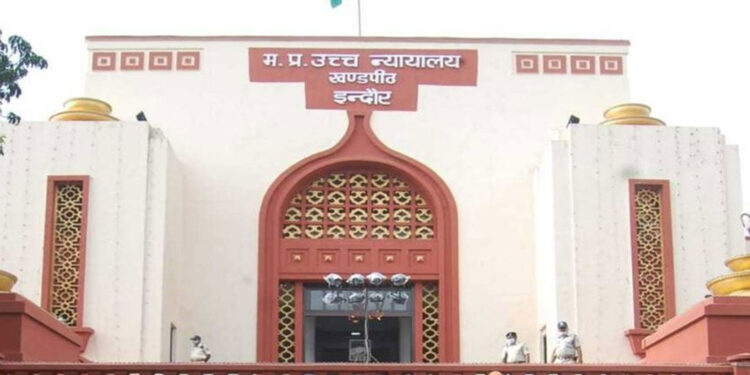In a recent ruling, the Indore Bench of the Madhya Pradesh High Court granted protection to a 19-year-old couple in a live-in relationship. However, the court also cautioned against young individuals entering into such relationships and leaving their families at an early stage of life.
While acknowledging that the petitioners had reached the age of majority and made their decision freely, Justice Subodh Abhyankar expressed concern about the choices made by youngsters today. The court noted that although the Constitution grants certain rights, it is not mandatory to exercise or enforce them in every circumstance.
“In India, the State does not provide any allowance to the unemployed or uneducated individuals. Therefore, if you are not dependent on your parents, you must earn your own and your partner’s livelihood. This may naturally prevent you from attending school or college. If you choose to enter this struggle of life at a young age, not only will your opportunities in life be significantly limited, but your acceptance in society may also diminish. For girls, there is an added risk of early pregnancy, which can lead to further complications. Therefore, it is advised to exercise discretion when making such choices and enforcing these rights. While it is important to have rights, it is equally important to consider the consequences of enforcing them.” Justice Abhyankar advised.
The petition, filed by two 19-year-old petitioners, requested that respondents no. 2 and 3, namely, the Sanawad District Khargone (Madhya Pradesh) and the Station House Officer P.S. Sanawad District Khargone (Madhya Pradesh), be directed to provide adequate protection and assistance against respondents no. 4 to 6 and their associates.
Both petitioners also requested full protection and security, expressing concern that a false case might be registered against petitioner no. 2. Their grievance stemmed from their decision to live together against their parents’ wishes, fearing potential actions from petitioner no. 1’s parents.
The Government advocate opposed the petition, noting that the petitioner, at 19 years old, had not yet reached the legal marriageable age of 21. The advocate argued that granting protection would not be in the broader interest of society and could promote promiscuity.
The court cited a Supreme Court judgment in Nandakumar v. State of Kerala (2018) 16 SCC 602, which held that even if individuals are not competent to marry, they have the right to live together. The apex court emphasized that both parties in the case were adults and were entitled to live together, regardless of marital status.
Based on this precedent, the Madhya Pradesh Court granted the petition, stating that despite their young age, both petitioners were adults and entitled to live as they choose, with the court emphasizing the need to protect their choices from external interference.

















